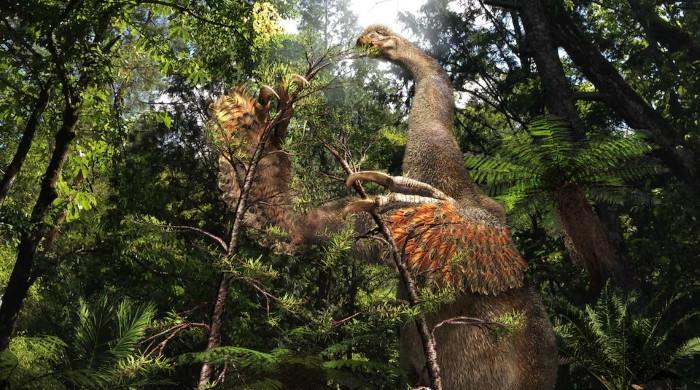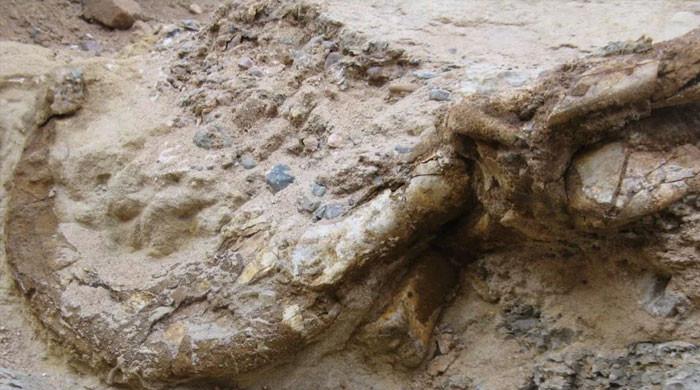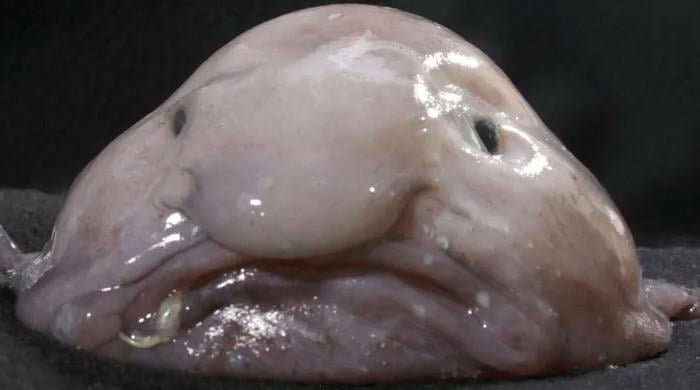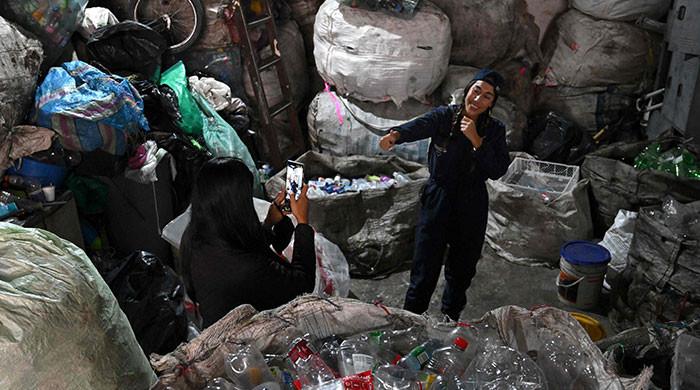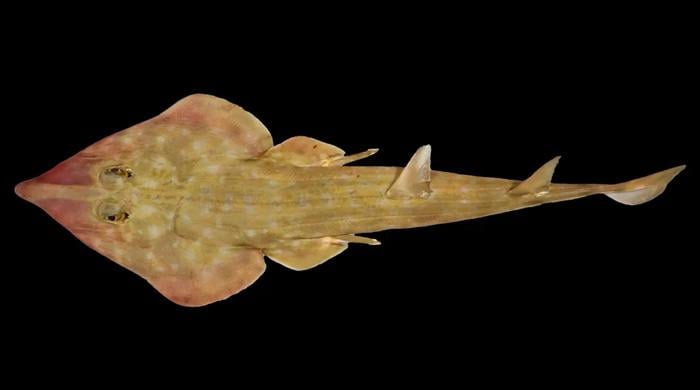Chinese researchers identify 'environment-friendly' fungus in Islamabad
With an appetite for plastic, the fungus could help address the problem of non-biodegradable plastics
September 16, 2017
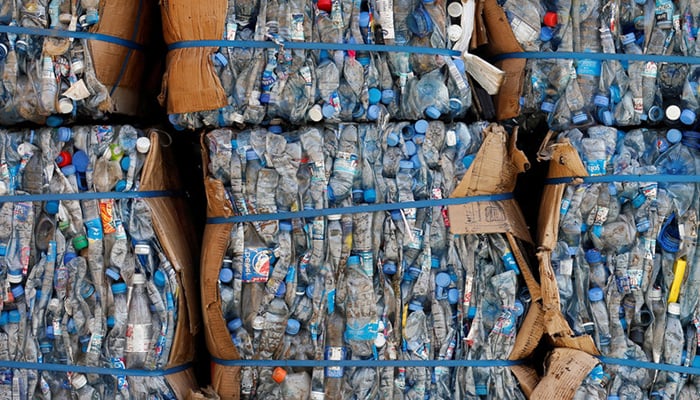
After a brain-eating amoeba, researchers have now identified a more environment-friendly fungus that feeds itself with plastic.
Aspergillus tubingensis, which was found in a rubbish dump in Islamabad, Pakistan, can break down plastics in a matter of weeks.
The fungus could potentially help scientists in addressing the problem of non-biodegradable plastics and reduce the impact of waste material on the environment.
According to researchers at the Chinese Academy of Sciences’ Kunming Institute of Botany, the fungus is typically found in soil and is armed with the ability to thrive on the surface of plastics.
It secretes enzymes which break down the bonds between individual molecules and then use its mycelia to break them apart.
The study observed that there are several factors that affect the fungus’ capacity to break down plastic. The temperature and pH balance of its surroundings, as well as the type of culture medium in place, has an impact on its performance.
The benefits of mycoremediation — the practice of using fungi to degrade unwanted substances — are becoming more and more apparent as researchers continue to find species that can degrade more varieties of material.




